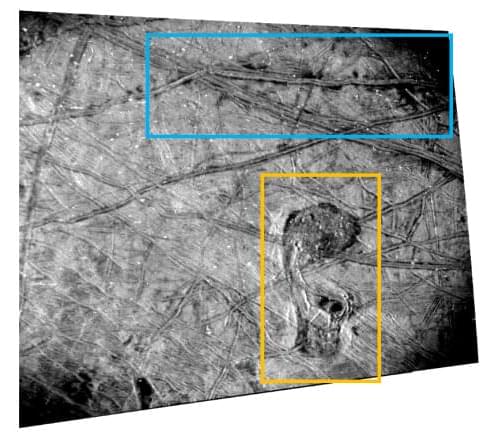The big question is whether the wealth boom of the past decade, initially fueled by low interest rates and liquidity, and more recently by Covid-19 pandemic stimulus and artificial intelligence, can continue. Global conflicts, elections, interest rates and a potential economic slowdown could all slow the pace of wealth creation, said Elias Ghanem, global head of the Capgemini Research Institute for Financial Services.
“The last 10 years were exceptional,” Ghanem said. “We now have inflation, a potential recession and geopolitical problems and elections. The environment is completely different.”
Indeed, globally, the wealth picture looks more mixed than in the U.S. The number of millionaires worldwide grew 5.1% last year, to 22.8 million, according to the report. Their combined fortunes grew to a record $86.8 trillion.







